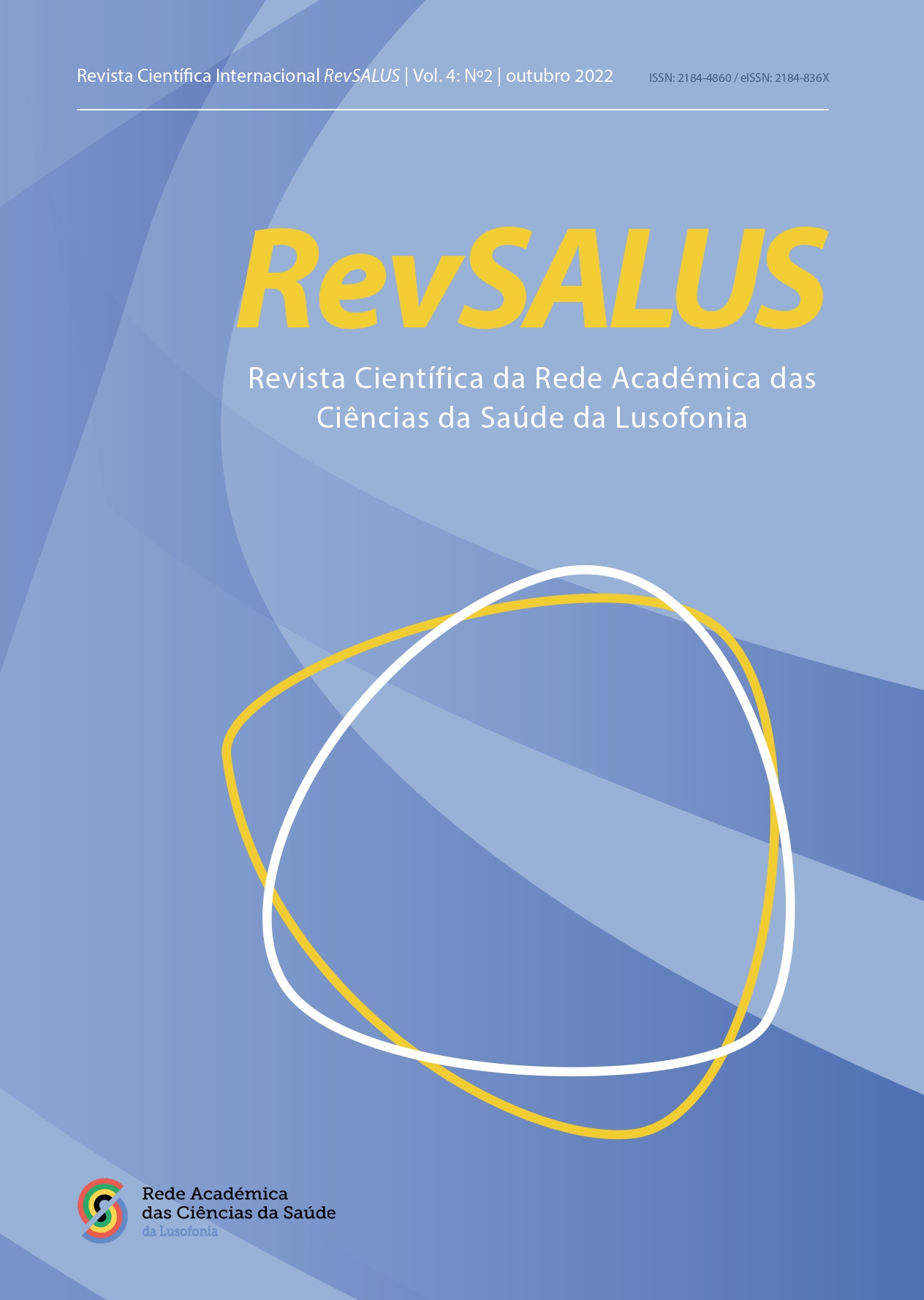Causality assessment in pharmacovigilance: principles and fundamentals of causal inference
DOI:
https://doi.org/10.51126/revsalus.v4i2.466Keywords:
causality, clinical diagnosis, pharmacovigilance, pharmacoepidemiology, Bradford Hill criteriaAbstract
Causality (or causal inference) has been a topic of intense debate among philosophers, epidemiologists, statisticians, and other clinical scientists. In pharmacovigilance, as in many other situations, there is not just one possible cause for an effect, but several. Causality imputation aims, through its own methodologies, to assess the nature of the relationship between a suspected adverse reaction and a particular drug or health product, seeking to establish the existence (or absence) and robustness of a causal link. This article focuses on a reflection on the importance of applying the principles and fundamentals of causal inference to pharmacovigilance, fundamental to the scientific rigor of an area governed by the difficulty of controlling for the unknown.
Downloads
Downloads
Published
Conference Proceedings Volume
Section
License
Copyright (c) 2022 RevSALUS - International Scientific Journal of the Academic Network of Health Sciences of Lusophone

This work is licensed under a Creative Commons Attribution 4.0 International License.
You are free to:
Share — copy and redistribute the material in any medium or format;
Adapt — remix, transform, and build upon the material for any purpose, even commercially.
How to Cite
Funding data
-
Fundação para a Ciência e a Tecnologia
Grant numbers 2020.10231.BD









